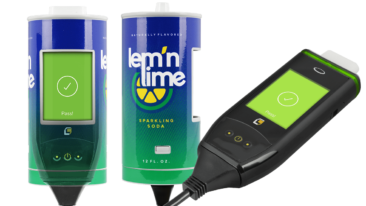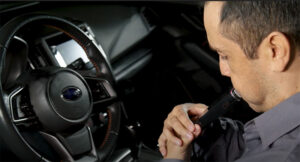Lowest Cost Ignition Interlock
NEW 2025 PRICING – BI-WEEKLY PAYMENTS – FREE SHIPPING*

Get the Can FREE!*
Reserva una Instalación
Call (844) 387-0326 – No Wait Times
Exclusive CADTP Partner!
*RESTRICTIONS APPLY. FREE FIRST MONTH PROMO ONLY AVAILABLE IN AZ, CA, and KS. INTERLOCK CAN IS FREE WITH PURCHASE OF OPTIONAL PROTECTION PLAN. FREE SHIPPING APPLIES TO STANDARD RATE SHIPPING. ACTIVATION FEE STILL APPLIES.
Ignition Interlock Device Laws in Vermont
Low Cost Interlock is a leading provider of ignition interlock services throughout Vermont, offering affordability, accessibility, and trust through every step of the process. Our full range of services, from ignition interlock installation in your vehicle to maintenance, is supported by our intrepid team of technicians and customer service representatives.
Ignition Interlock Device Laws in Vermont
After serving a license suspension, the court may allow you to drive your vehicle with a restricted driver’s license using an ignition interlock device. If you are eligible, you must have your IID installed in your car by a court-approved vendor.
You can find out more on Vermont’s DUI laws and penalties by clicking here.
General Information
Vermont’s Impaired Driving Law Highlights
23 V.S.A. § 1201 “Operating vehicle under the influence of intoxicating liquor or other substance.”
(a) A person shall not operate, attempt to operate, or be in actual physical control of any vehicle on a highway:
- when the person’s alcohol concentration is 0.08 or more, or 0.02 or more if the person is operating a school bus as defined in subdivision 4(34) of this title
- when the person is under the influence of intoxicating liquor
- when the person is under the influence of any other drug or under the combined influence of alcohol and any other drug
- when the person’s alcohol concentration is 0.04 or more if the person is operating a commercial motor vehicle as defined in subdivision 4103(4) of this title.
(c) A person shall not operate, attempt to operate, or be in actual physical control of any vehicle on a highway and be involved in an accident or collision resulting in serious bodily injury or death to another and refuse a law enforcement officer’s reasonable request under the circumstances for an evidentiary breath test where the officer has reasonable grounds to believe the person has any amount of alcohol in the system.
(d)(1) A person who is convicted of a second or subsequent violation of subsection (a), (b), or (c) of this section when the person’s alcohol concentration is proven to be 0.16 or more shall not, for three years from the date of the conviction for which the person’s alcohol concentration is 0.16 or more, operate, attempt to operate, or be in actual physical control of any vehicle on a highway when the person’s alcohol concentration is 0.02 or more. The prohibition imposed by this subsection shall be in addition to any other penalties imposed by law.
23 V.S.A. § 1200 Definitions
“Alcohol concentration” means:
(A) the number of grams of alcohol per 100 milliliters of blood; or
(B) the number of grams of alcohol per 210 liters of breath.
“Drug” means:
(A) a regulated drug as defined in 18 V.S.A. § 4201; or
(B) any substance or combination of substances, other than alcohol, which affects the nervous system, brain, or muscles of a person so as to impair, noticeably and appreciably, a person’s ability to drive a vehicle safely.
- “Evidentiary test” means a breath or blood test which indicates the person’s alcohol concentration or the presence of other drug and which is intended to be introduced as evidence.
- “Intoxicating liquor” includes alcohol, malt beverages, spirituous liquors and vinous beverages, as defined in 7 V.S.A. § 2, and any beverage or liquid containing any of them.
- “Law enforcement officer” means a law enforcement officer who has been certified by the Criminal Justice Training Council pursuant to 20 V.S.A. § 2358.
- “Vehicle” means a motor vehicle as defined in section 4 of this title, and when on a public highway:
(A) a snowmobile as defined in section 3201 of this title; and
(B) an all-terrain vehicle as defined in section 3501 of this title.
The Consequences of DUI or DUID:
- Loss of your driver’s license
- Pay an average of $6,500.00 in fines, court costs, and attorney fees, as well as approximately $4,000 in lost wages
- You could be imprisoned for up to two years for the first offense, or longer for any subsequent offenses, or if death results.
- Mandated alcohol/and drug counseling at a cost to you of $500.00 – $1000.00
- Mandated Ignition Interlock device for your car at a cost to you of $60.00 to $100.00 to install and additionally $75.00 to $100.00 for monthly monitoring
- Pay significantly higher auto insurance premiums, the first year after getting a DUI your car insurance premiums increase by 45% to 60%
- The Real Costs of a DUI & How To Avoid Them

